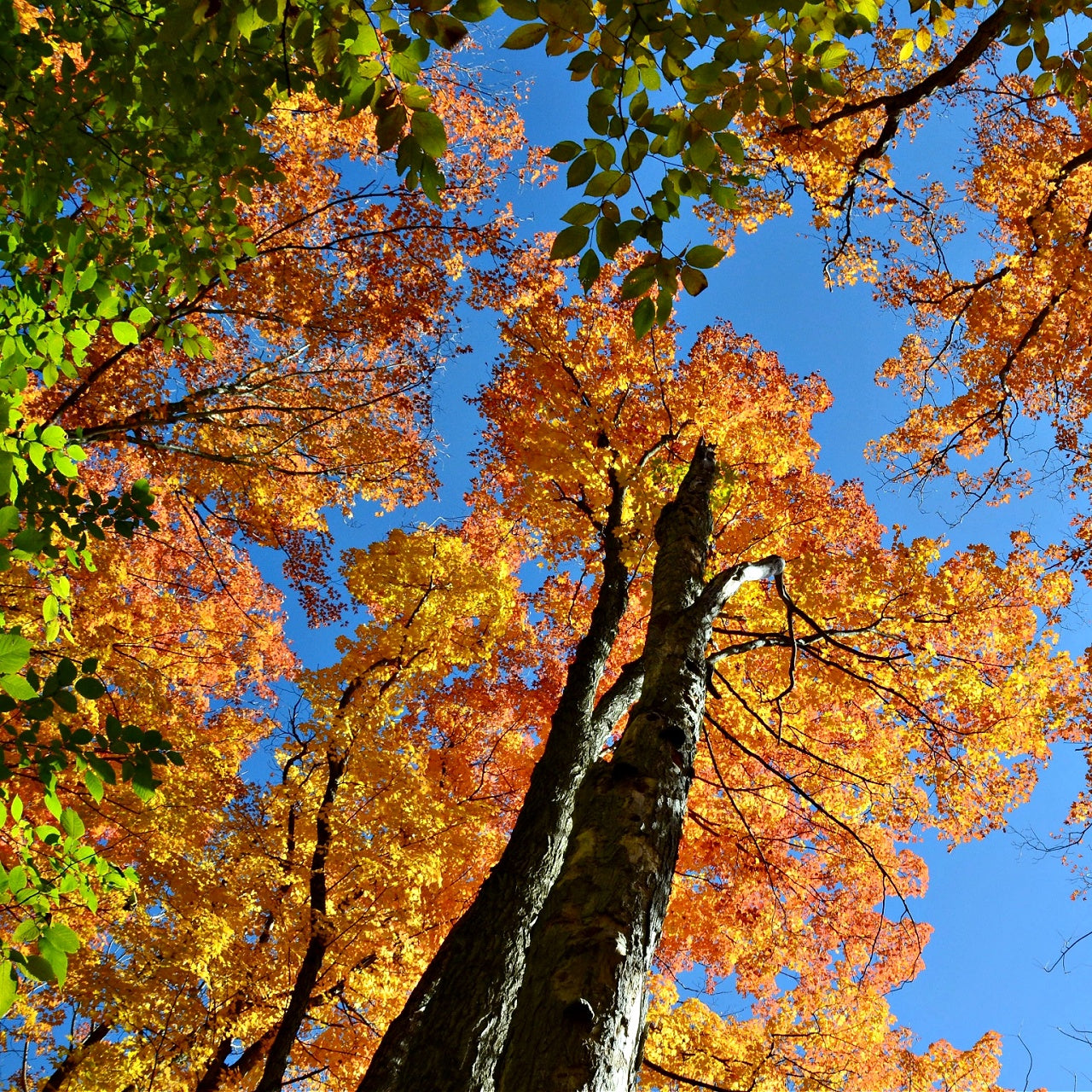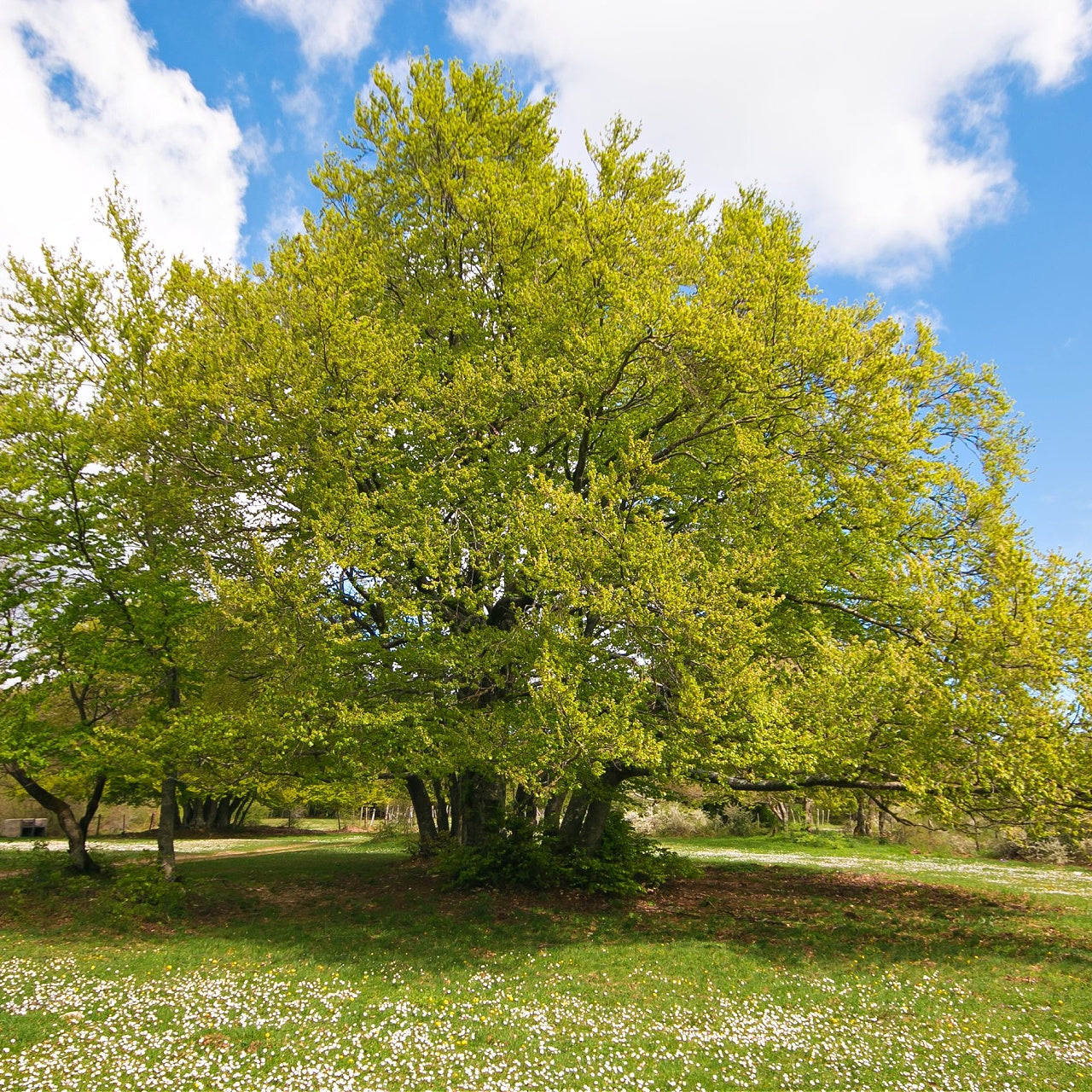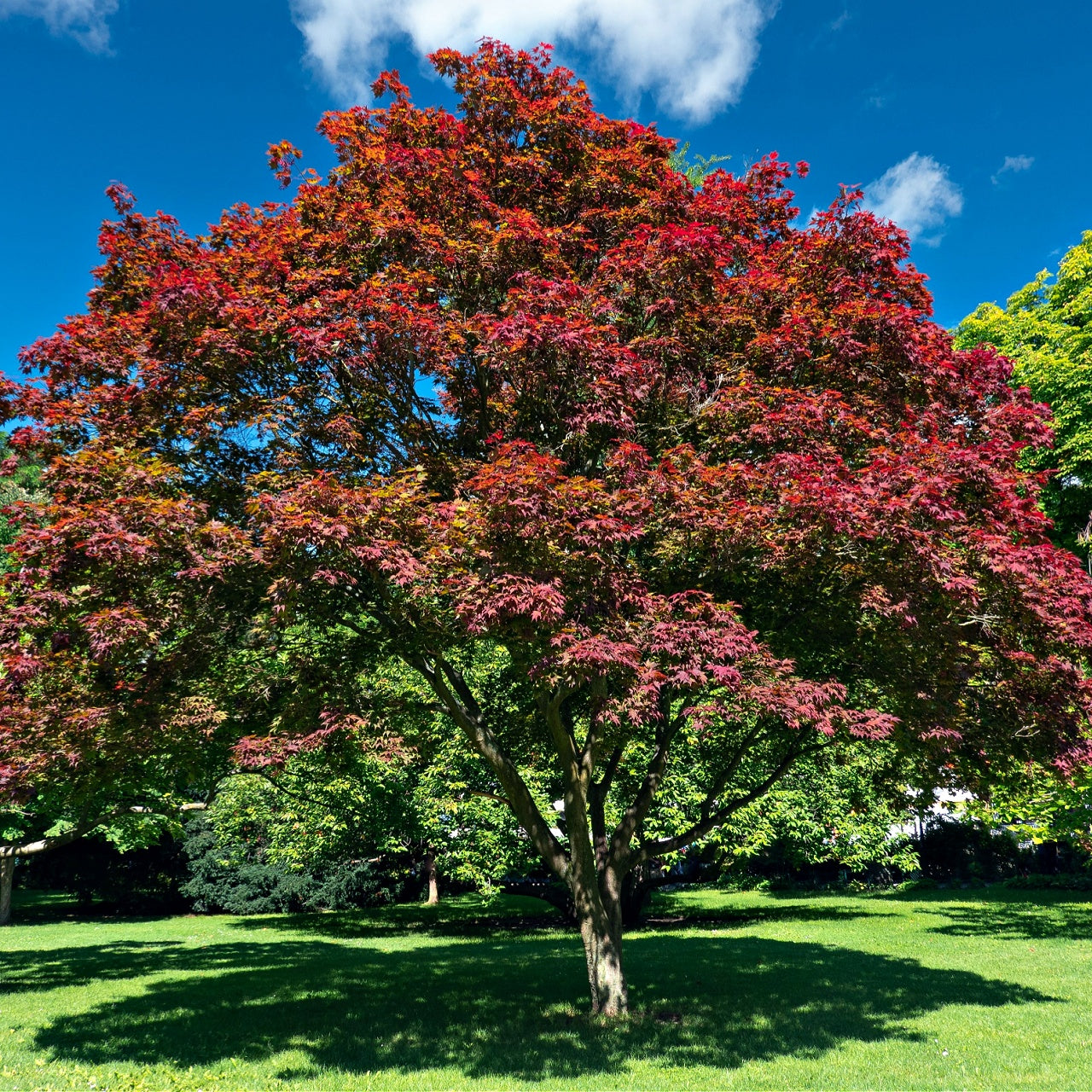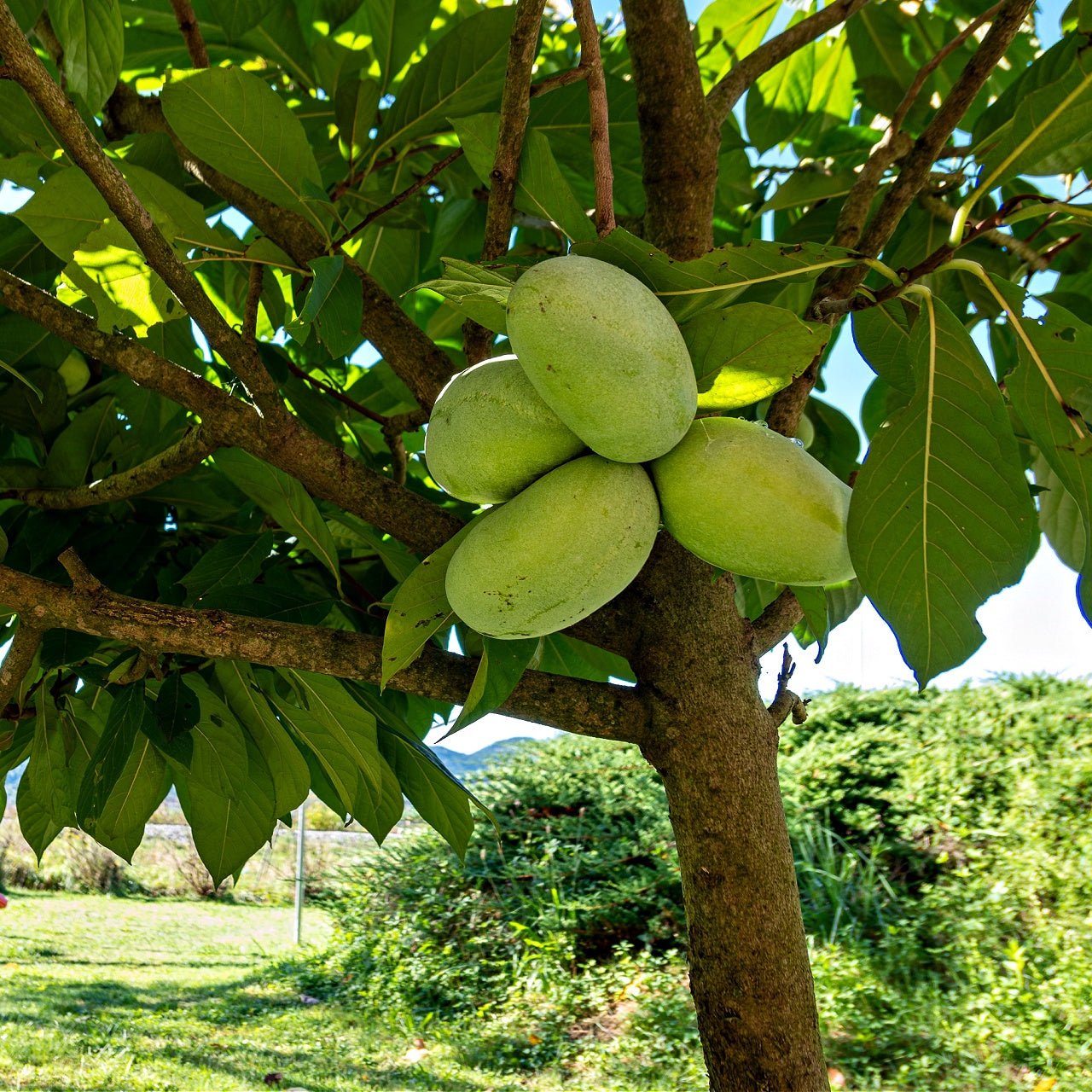
How Evergreen Trees Strengthen Landscapes and Why Expert-Grown Stock Matters
How Evergreen Trees Strengthen Landscapes and Why Expert-Grown Stock Matters
Growing Conditions for Evergreen Trees & Shrubs

Let Experts Like TN Nursery Help With Your Evergreen Tree Needs
TN Nursery has spent decades cultivating trees such as Eastern Red Cedar, Leyland Cypress, Eastern White Pine, and Hemlock. By watching these trees over the years, we’ve learned how each one handles drought, changes in temperature, heavy clay, and moisture levels.
Evergreen trees also provide critical ecological benefits, as proven by years of horticultural research. They provide steady shelter for wildlife, help control erosion, offer reliable shade, and require little care once established. When homeowners pick evergreens with expert guidance, they gain a long-lived, resilient landscape structure that strengthens the environment year-round.

With helpful information and real-world experience from TN Nursery, this guide helps homeowners confidently choose evergreen trees that will thrive for generations.
Frequently Asked Questions About Evergreen Trees
What are the best evergreen trees for privacy?
Leyland Cypress, Eastern Red Cedar, and Eastern White Pine are some of the most effective privacy evergreens. They grow quickly, maintain dense foliage year-round, and adapt well to many climates.
Which evergreens are best for clay soil?
Eastern Red Cedar and Hemlock perform well in heavier soils. Their root systems tolerate compacted conditions better than many other evergreen species.
Do evergreen trees stay green all year?
Yes. Evergreens maintain foliage through all seasons, though needle color may deepen or shift slightly in winter due to cold temperatures.
Are evergreens low-maintenance?
Once established, most evergreens require minimal care. Their deep roots, drought tolerance, and disease resistance make them ideal for homeowners seeking a year-round structure without heavy upkeep.
Do evergreen trees help wildlife?
Absolutely. Evergreens provide winter shelter, nesting areas, and protective cover for birds and small mammals. Their consistent foliage makes them one of the most wildlife-friendly tree choices.







